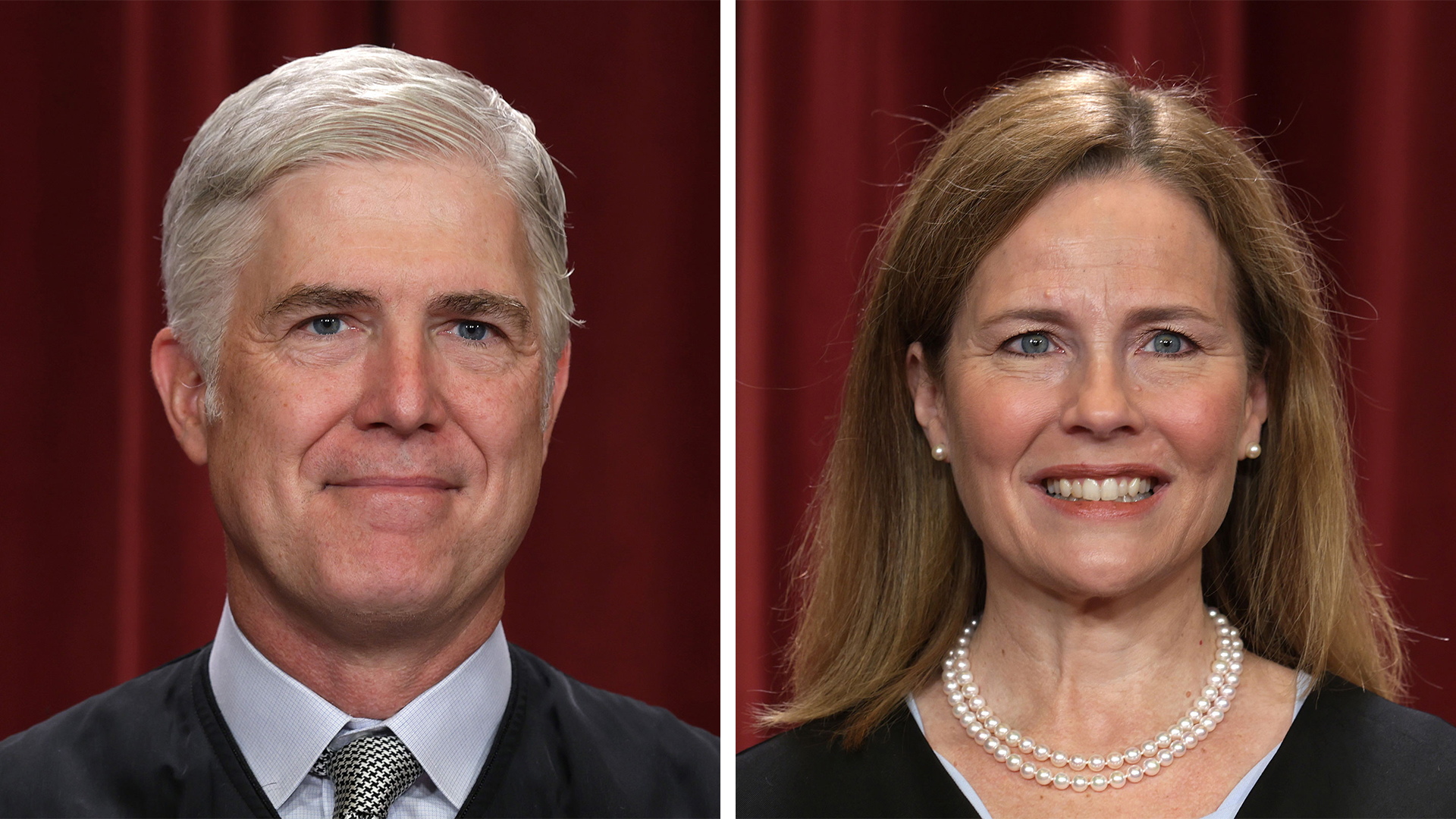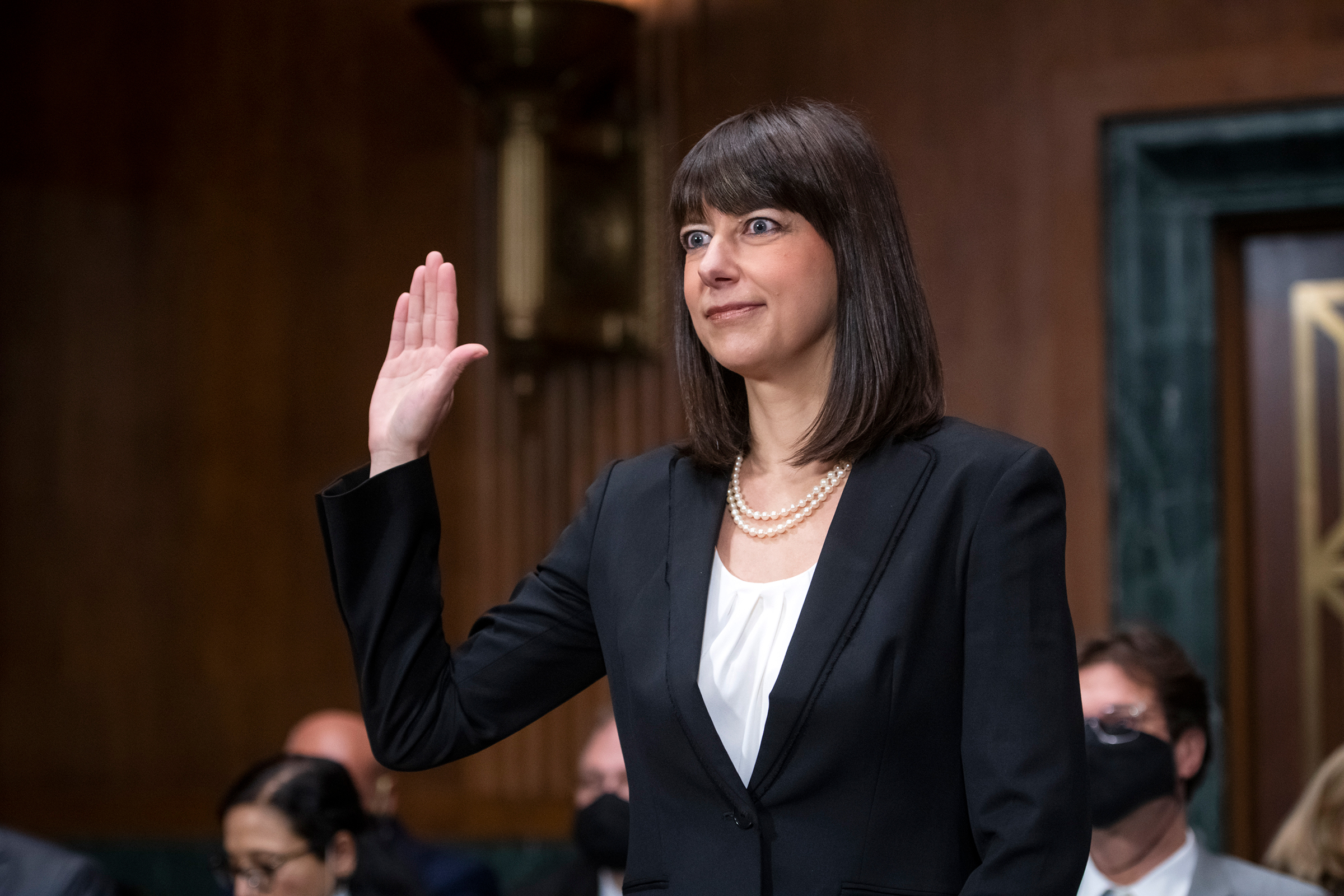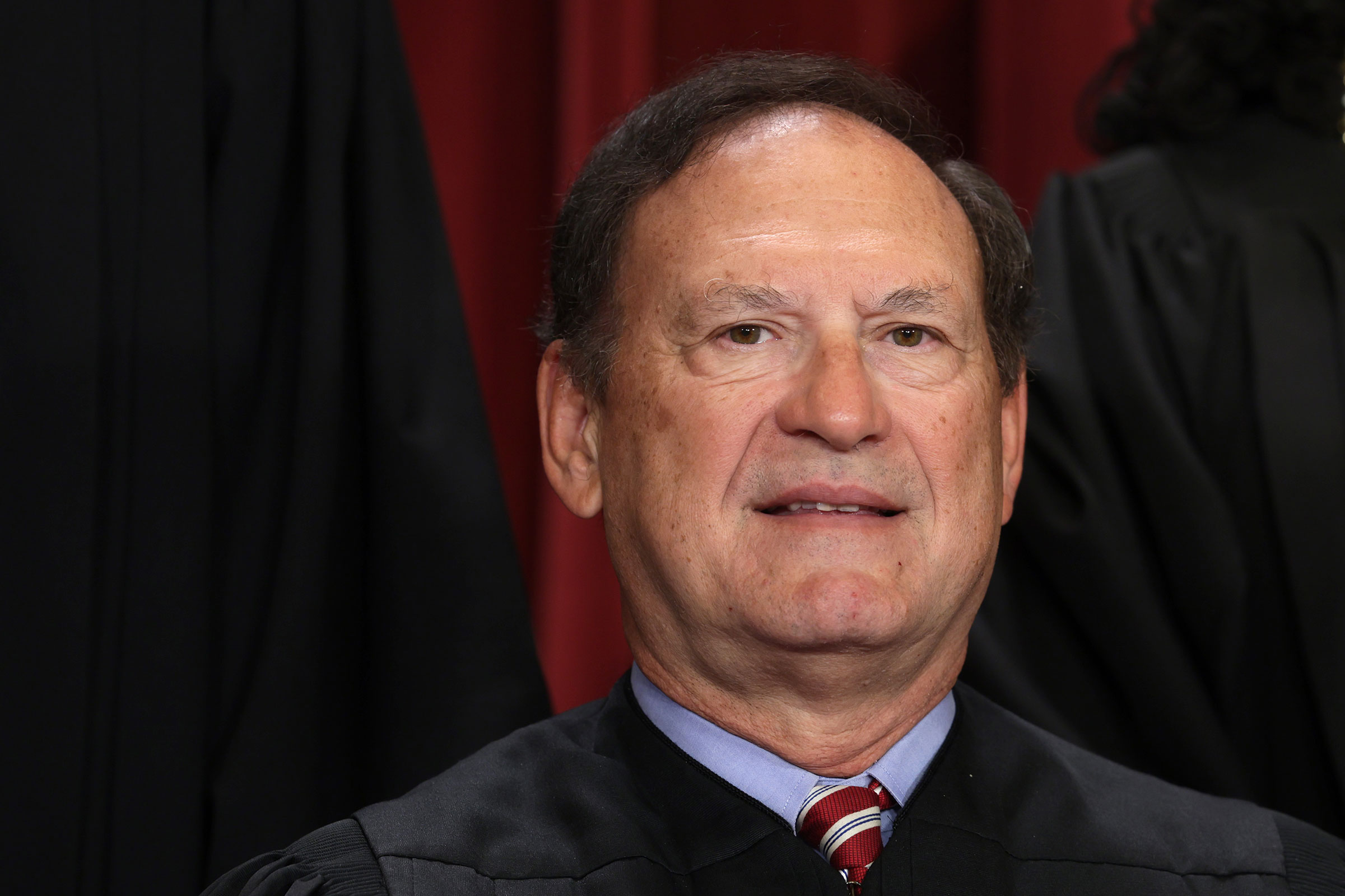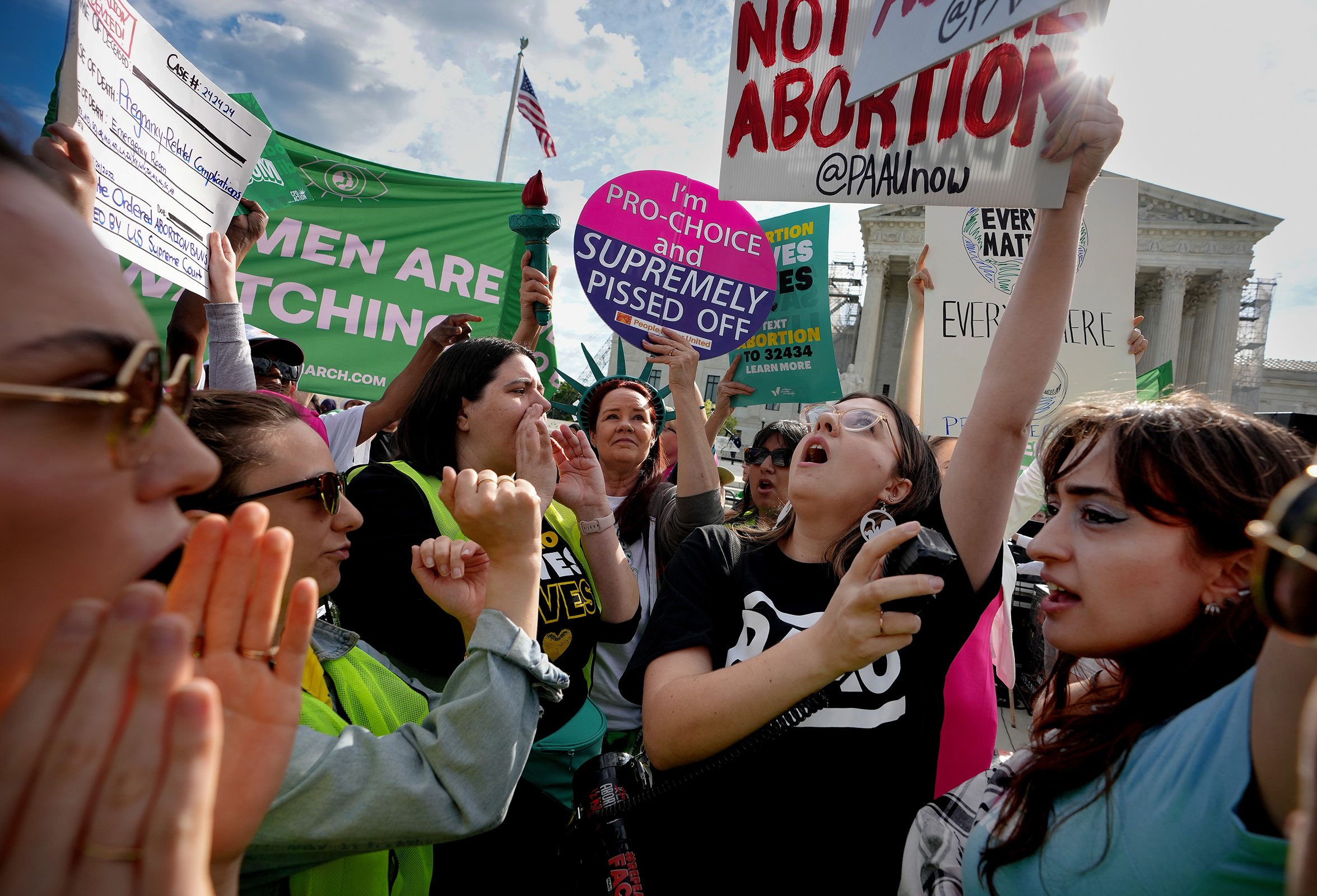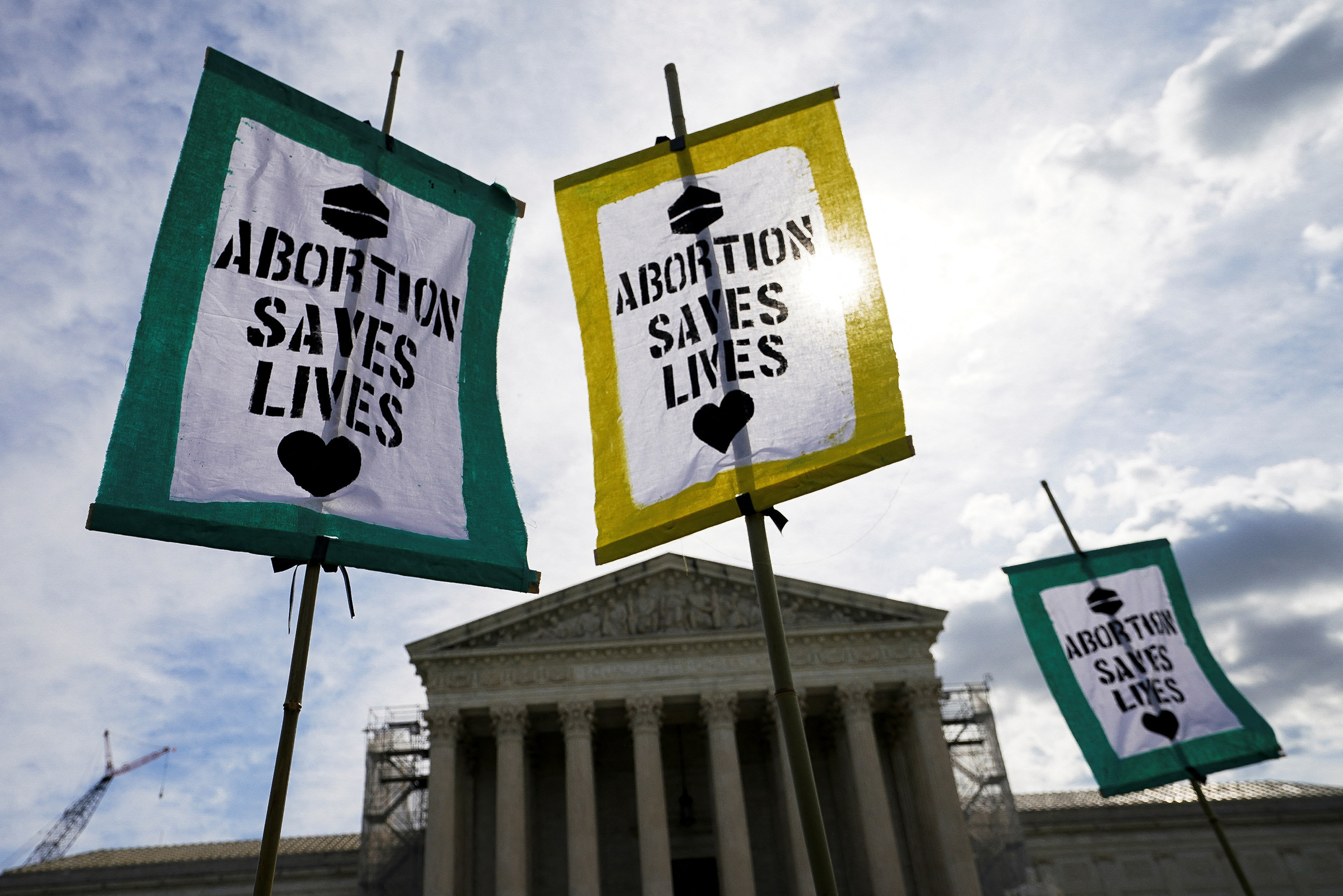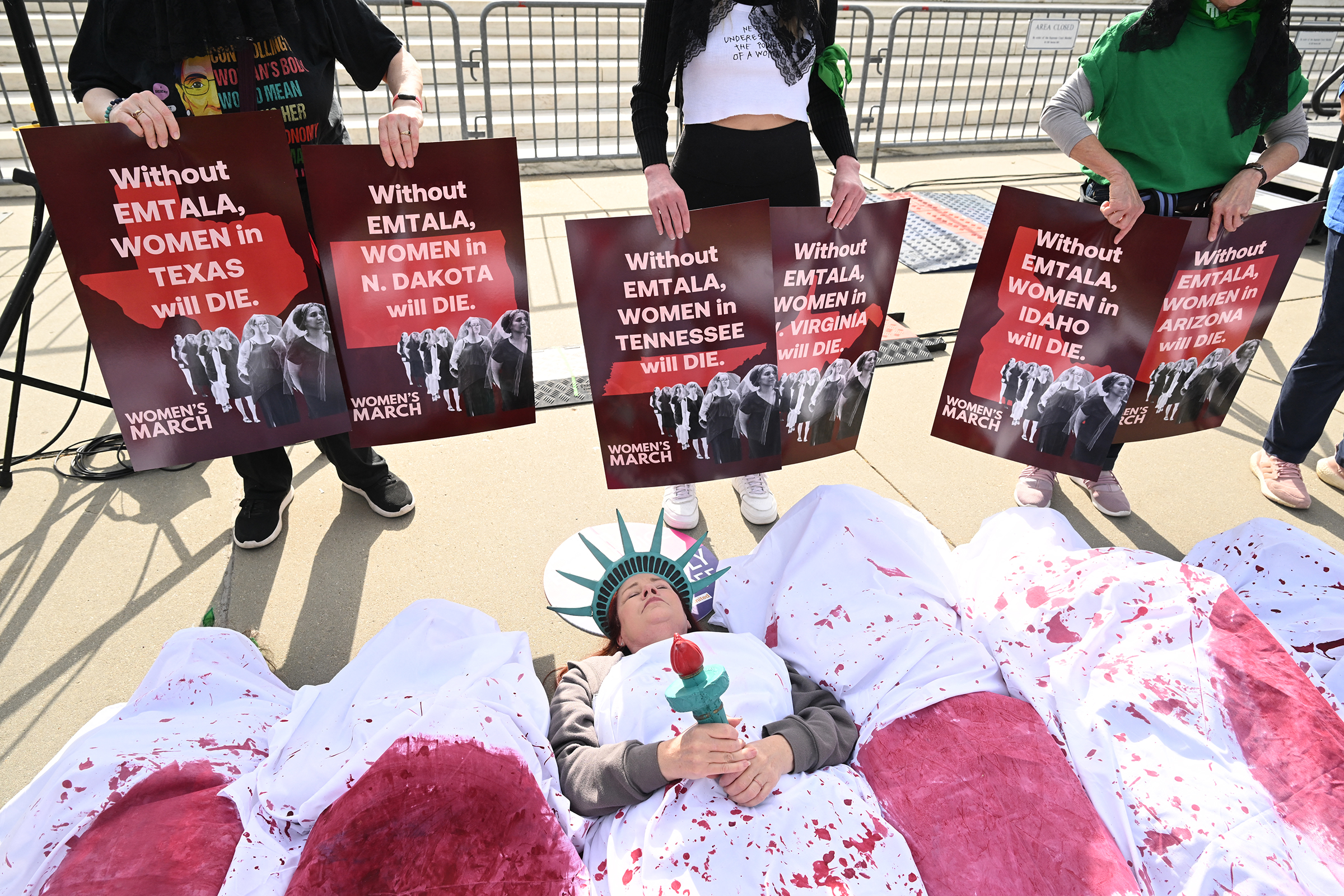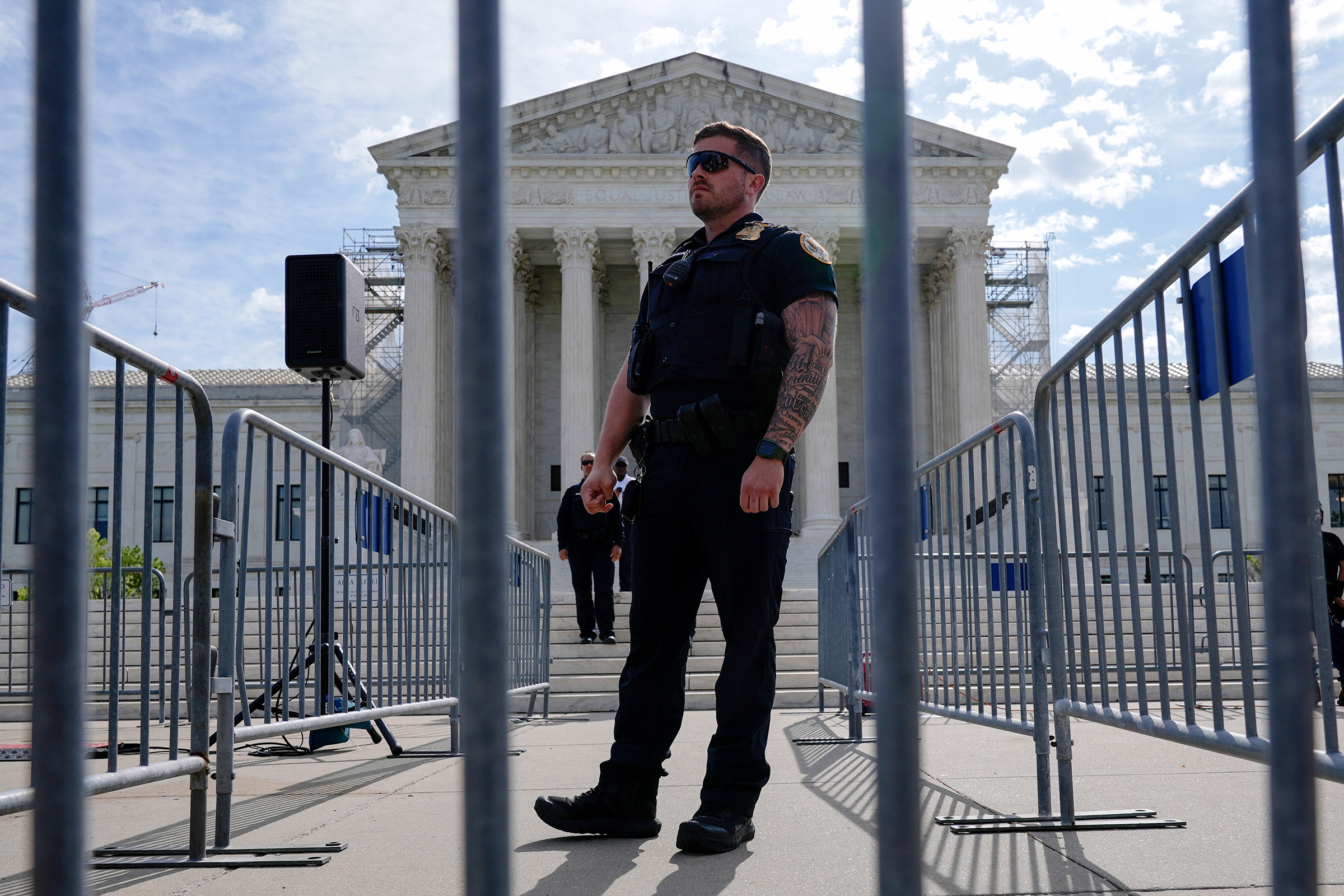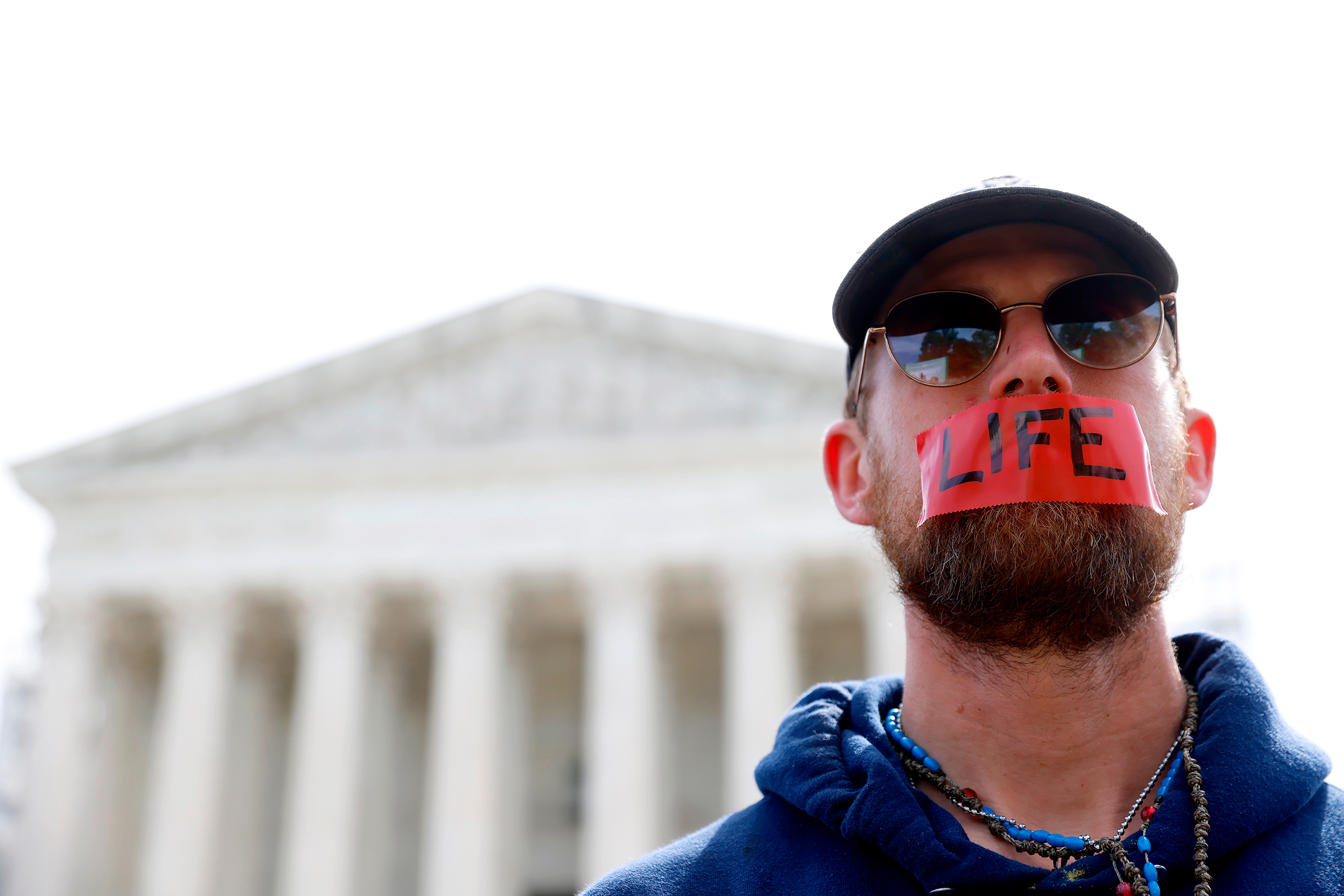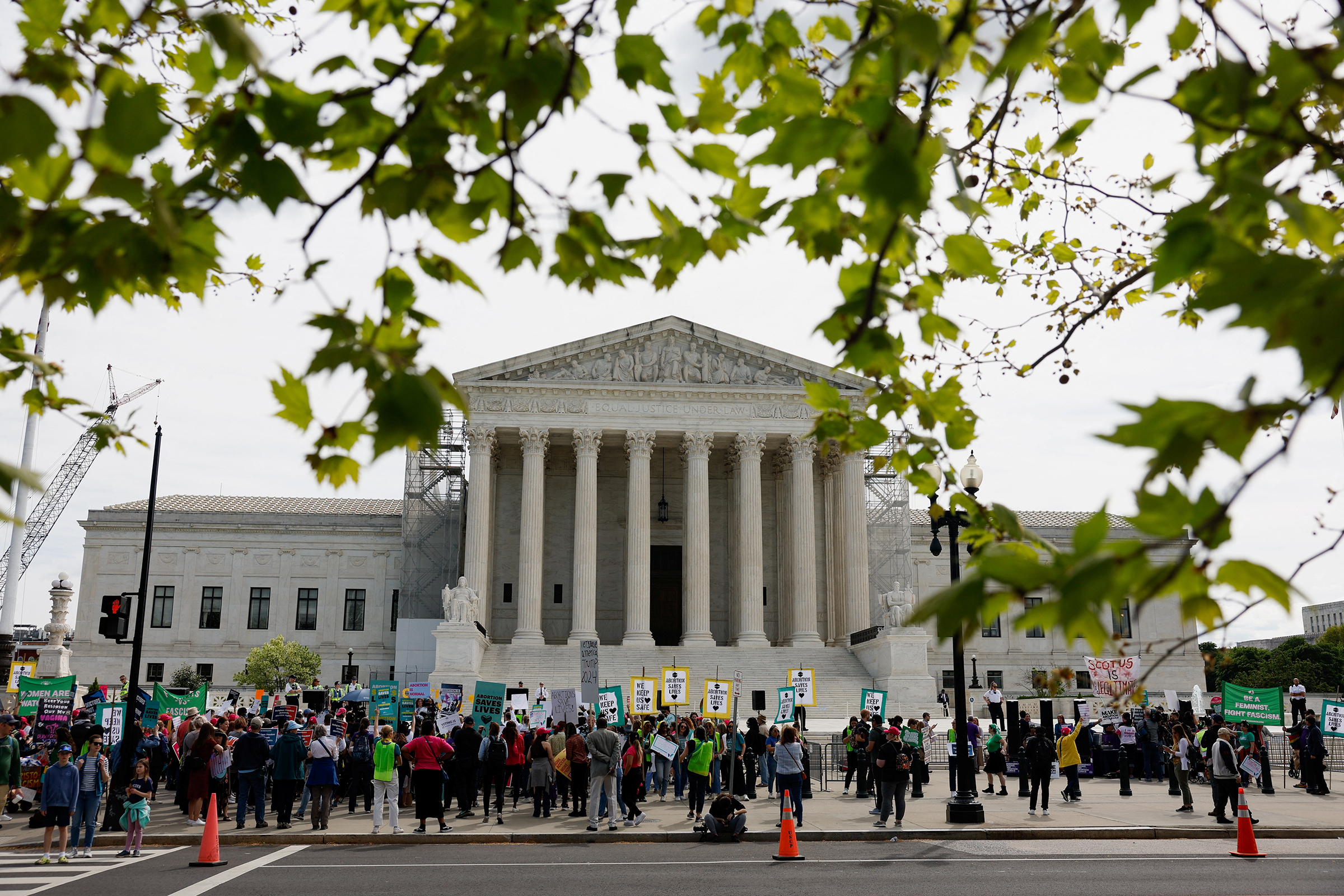
Conservative Justice Samuel Alito asked US Solicitor General Elizabeth Prelogar to explain why the federal law in question, the Emergency Medical Treatment and Labor Act (EMTALA), uses the term “unborn child.”
“Isn’t that an odd phrase to put in a statute that imposes a mandate to perform abortions,” Alito asked. “Have you ever seen an abortion statute that uses the phrase unborn child?”
“It’s not an odd phrase when you look at what Congress was doing,” at the time Prelogar said. The law was amended to add the term in 1989.
“There were well publicized cases where women were experiencing conditions their own health and life were not in danger, but the fetus was engraved distress and hospitals weren’t treating them," Prelogar said.
The term is referenced multiple times in law, including in the definition of a medical emergency scenario where the health of an unborn child is in serious jeopardy, where restricting the transfer of a patient in labor would put the safety of the unborn child at risk.
The Charlotte Lozier Institute, an anti-abortion think tank, said in a friend-of-the-court brief that that EMTALA “expressly protects the lives of unborn children” and that it requires hospitals to “to follow the two-patient paradigm to protect both the mother and her unborn child.”
“The United States’ attempt to diminish the ‘unborn child’s’ life as secondary—one that must be protected only if her mother’s health is not threatened but loses all value if her mother’s health is in jeopardy—is atextual,” the brief said. “Congress expected hospitals and physicians to preserve both lives wherever possible.”
